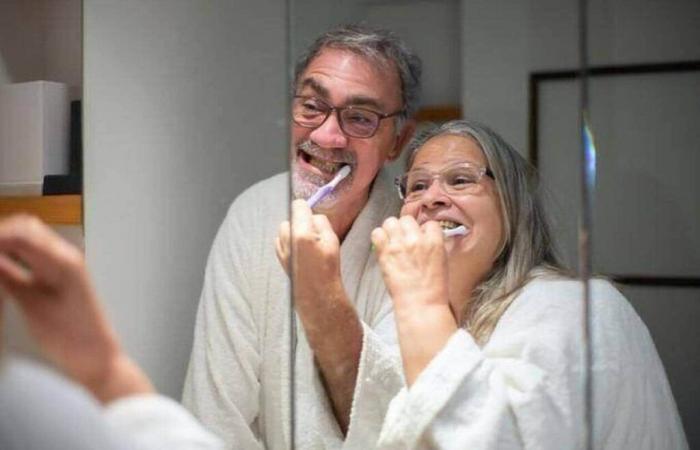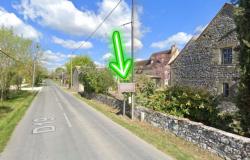
Wednesday December 4, 2024
By the evening edition.
To ensure good oral hygiene, daily tooth brushing is essential. But is it really necessary to rinse your mouth with plenty of water afterwards? On the contrary, wouldn’t this risk diluting the effects of the toothpaste? We asked dentists the question.
At every visit to the dentist, it is almost always the same recommendation for patients aged 7 to 77: brush your teeth at least twice a day with a soft-bristled brush and a dab of fluoridated toothpaste. After properly brushing our teeth, many of us are in the habit of rinsing our mouth with plenty of water to remove all traces of toothpaste. However, having toothpaste residue in your mouth would be a good thing, says Margherita Fontana, professor at the University of Michigan School of Dentistry with the Washington Post, whose comments were relayed by the specialized site Hello doctors. “When you rinse, you are essentially washing away the active ingredients from the toothpaste you just applied,” she warns.
Read also: You're brushing your teeth wrong, here are four tips to fix it
“Spit rather than rinse”
A point of view shared by Dr Thomas Jéhanin, a dentist based in Ille-et-Vilaine, to whom we asked the question in 2021: “Rinsing your mouth immediately with water minimizes the usefulness of toothpaste. By doing this, the patient despite himself removes a majority of the benefits of the toothpaste, particularly the fluoride. [ou fluor] which helps prevent the appearance of cavities. »
Brittany Seymour, spokesperson for the American Dental Association (ADA) and associate professor at the Harvard School of Dental Medicine, also cited by Hello doctorsshe recommends delaying rinsing for around twenty minutes after brushing.
Read also: How did we clean our teeth before the invention of toothpaste and the toothbrush?
The role of fluoride
A major component in toothpastes, fluoride, also called fluoride, helps maintain good oral health by making enamel more resistant. It can also reduce the amount of acid produced by bacteria on the teeth. These bacteria are responsible for the demineralization of teeth and ultimately cavities.
So spit or rinse your toothpaste? For Dr Patrick Solera, president of the Federation of Liberal Dental Unions (FSDL), also interviewed in 2021, the debate is open: “From a scientific point of view, it is true that the active components of toothpaste are much more effective when they are not cleaned by a puddle of water which washes everything away, he explains to us. But in practice, I don’t know any patient who doesn’t rinse their mouth after using toothpaste…”
In the suggestion? “I am more in favor of rinsing with mouthwash rather than water. There is a contribution of fluoride, both through toothpaste and also through mouthwash. We thus have greater efficiency than rinsing with water but not maximum. »
What do our neighbors say?
If in France tooth brushing is well documented and the question of rinsing is the subject of debate, the situation is different in the United Kingdom, where the Foundation for Oral Health has launched the Spit don' awareness campaign since 2016. t Rinse (“Spit without rinsing”).
On the other side of the Atlantic, the Canadian Dental Association advises not to “not wash your mouth immediately after finishing [se] brush your teeth » but rather “simply spit out any excess toothpaste.”





